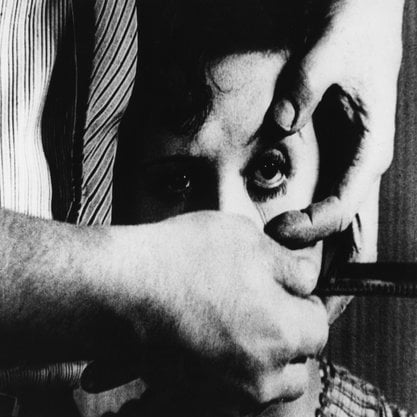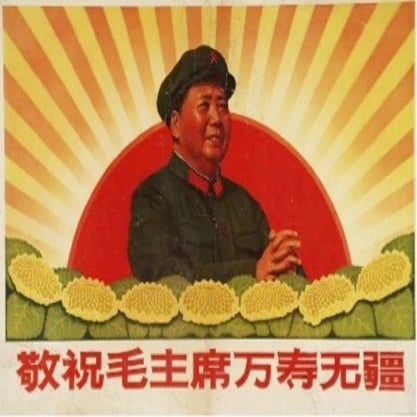Article
Tokyo Monogatari; 東京物語 [Tokyo Story] (1953) By Anderson, Joel Neville
Article
Tokyo Monogatari [Tokyo Story] (1953) is a Japanese family drama co-written and directed by Ozu Yasujiro at Shochiku Studios. Renowned as one of the greatest films ever made, Tokyo Story regularly tops “best film” lists devised by domestic and international critics alike.
Tokyo Story portrays three generations of the Hirayama family who are brought together by the visit of their retired grandparents to postwar Tokyo from the town of Onomichi. The elderly couple (Ryu Chishu and Higashiyama Chieko) receive little attention from their children who are preoccupied with work and their own young children. Upon returning home, the grandmother falls ill and dies. Their mistreatment is contrasted with the generosity of their veteran son’s widow (Hara Setsuko), who the grandfather encourages to remarry in order to live a happy life. Ozu’s films, including Tokyo Story, employ archetypal narratives that chart shifting family relations in Japanese modernity. Often ending where they begin, these stories appear circular. However, Donald Richie describes them as spiral narratives that do not close the circle completely, “often beginning a new if similar film in the final minutes” (Richie 1974: 161). Ozu has been credited with applying traditional Japanese aesthetics to modern film form (including narrative ellipses and negative space in composition), and for emulating early Hollywood comedies—Tokyo Story is itself partially inspired by Leo McCarey’s Make Way for Tomorrow (1937).


